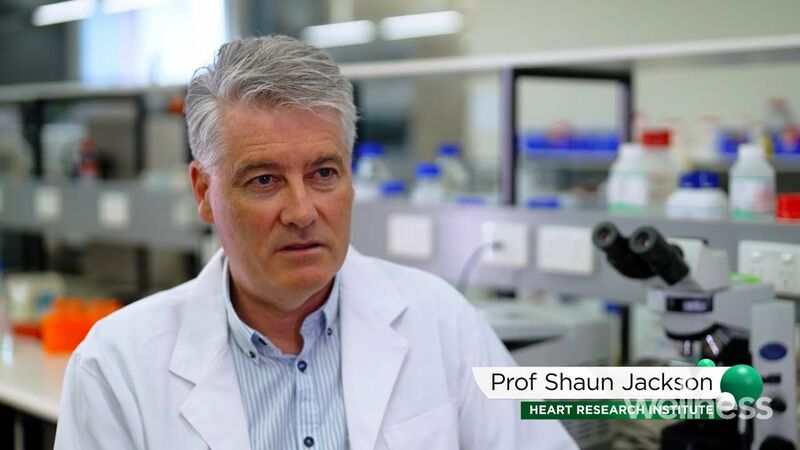Dr Xuyu Liu and his team, the Cardiovascular-protective Signalling and Drug Discovery Unit at the Heart Research Institute (HRI), have had phenomenal success with the award of two grants.
Dr Liu was awarded a 2022 Discovery Early Career Researcher Award (DECRA) for his research into 'Chimeric molecules for precision protein modification', a project that will invent two new technology platforms to aid the group's new drug discovery for treating chronic diseases such as cardiovascular disease.
The new technology platforms will engineer proteins within live cells with precision, which will bypass the traditional need for permanent gene editing. The team will learn how protein function, stability, location and activity are influenced by specific modifications - unlocking the know-how of the molecular systems underpinning cell behavioural and functional changes.
As a DECRA Fellow, Dr Xuyu Liu will be working on this project for the next three years, with the potential to create opportunities for commercialisation and add substantial value to the biotechnology and pharmaceutical sectors.
Dr Liu was also awarded a Heart Foundation 2022 Vanguard Grant for his project 'Developing nature-inspired safer anticoagulants for adjunctive thrombolytic therapy,' conducted in collaboration with Prof Shaun Jackson and Assoc Prof Simone Schoenwaelder of HRI's Thrombosis Group.
This research aims to identify safer antithrombotics for the treatment of ischaemic stroke, a leading cause of death and disability in Australia and the world. Currently, there is limited treatment for those who present with ischaemic stroke to hospital, and the current treatment has dangerous side effects of potential blood clot reformation and vascular re-obstruction.
The team has identified a novel anticoagulant derived from the saliva of blood-feeding ticks that is effective in helping to prevent blood clots while being safer as it causes minimal bleeding side effects. This discovery could overhaul the treatment regime for stroke with new antithrombotics and inspire new antithrombotic approaches.
Below, Prof Jackson explains further the objective of this research in a television interview with The House of Wellness.







